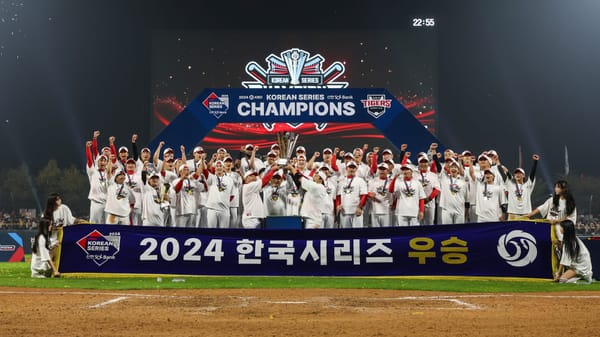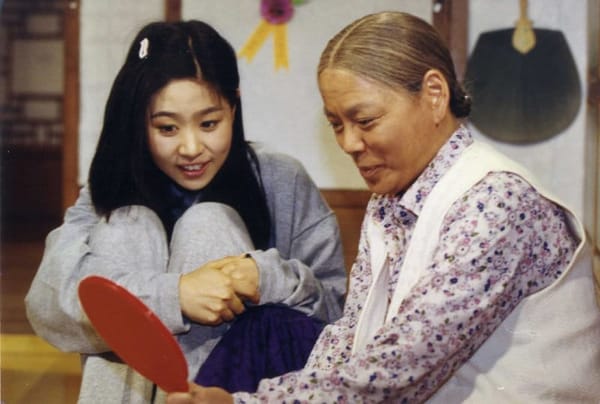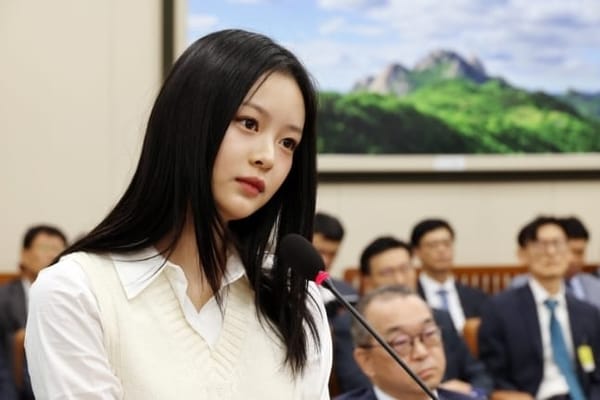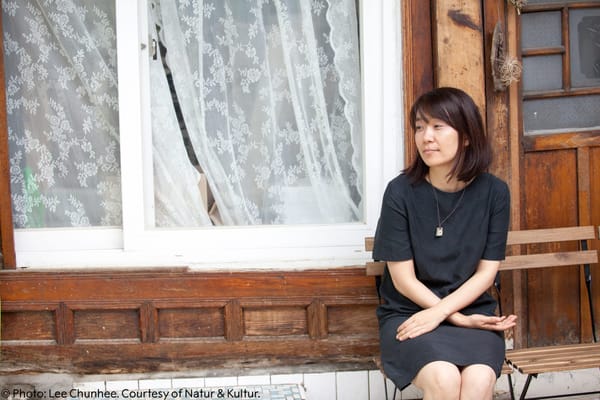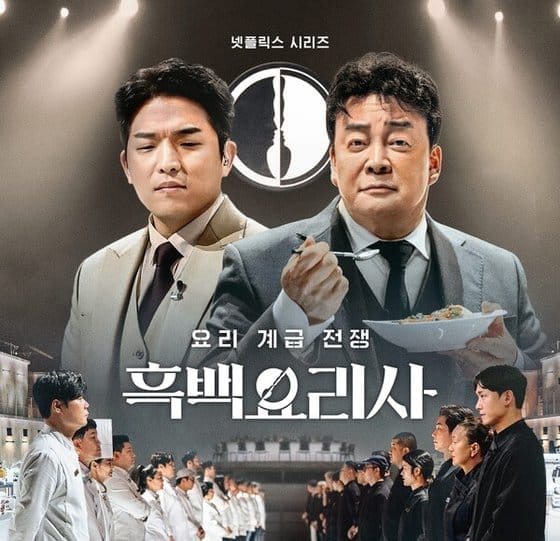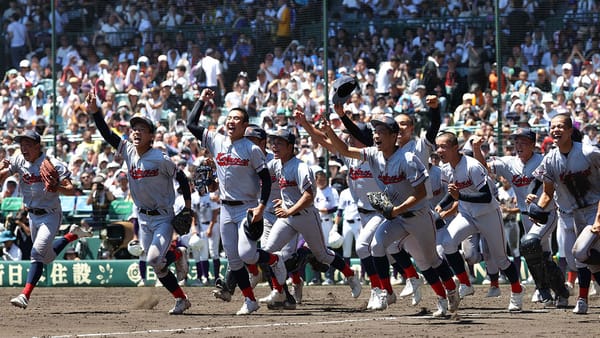Photo: Hakchon Blue theater. Credit: Hakchon Theater Group.
On February 23, the Hakchon 학전 theater group announced that it on March 15, on its 33rd anniversary, it will shut down operations. Founded in 1991 by singer Kim Min-gi 김민기, Hakchon has been the cornerstone of independent music and theater in Seoul’s Daehak-ro 대학로, a street now lined with small music venues and independent theaters.
Kim, a legendary independent singer-songwriter whose song Morning Dew 아침이슬 was an anthem of the democracy movement, opened Hakchon with his own funds on Daehak-ro 대학로 (literally, “College Road,” the former location of Seoul National University and other colleges.) The small theater soon became a mecca for indie musicians, and a regular site for appearances by legendary figures like Kim Gwang-seok 김광석 and Deulgukhwa 들국화. Famous actors such as Hwang Jeong-min 황정민 and Seol Gyeong-gu 설경구 also cut their teeth in stage productions at Hakchon.
Hakchon also came to be known as the fountainhead of South Korea’s musical scene. Line 1 지하철 1호선, a musical by Kim Min-gi, went on to become Korea’s most successful musical after first debuting at Hakchon, where Jeong Jae-il 정재일, known for composing the score for Squid Game 오징어 게임, has long served as the music director. The musical and theatrical offerings of Daehak-ro, anchored in part by Hakchon, have grown the area into Seoul’s answer to New York’s Broadway and London’s West End.
Like many other venues around the world, Hakchon was unable to recover from the unforeseen impact of the COVID-19 pandemic, which made live events impossible. Although Arts Council Korea 한국문화예술위원회, a government organ under the Ministry of Culture, Sports and Tourism 문화체육관광부, had been in talks to take over the company’s Hakchon Blue theater, Kim Min-gi ultimately decided to close down operations, as he did not want the government to use the Hakchon name. Arts Council Korea may continue to operate the theater under a different name.



